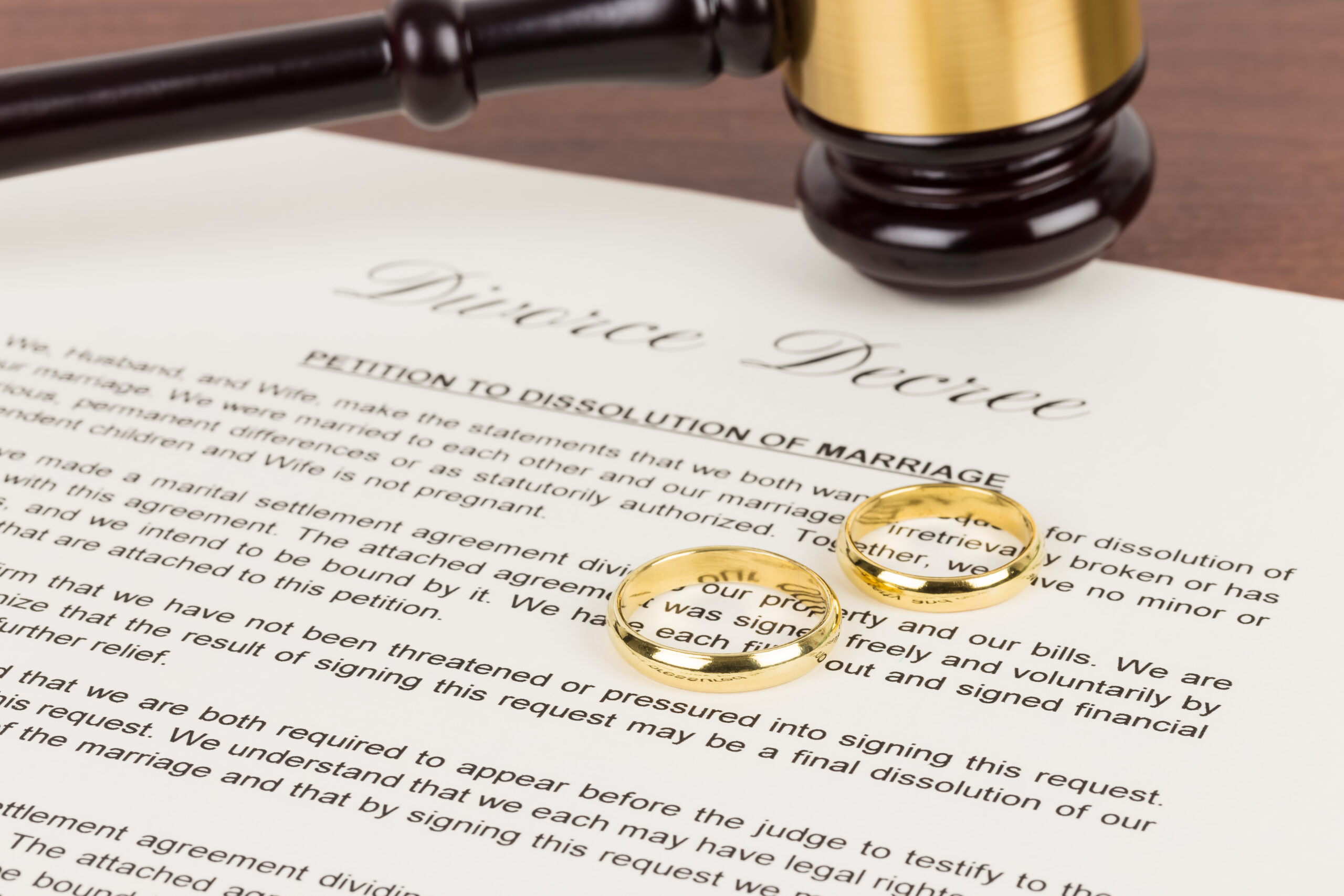
Dissolving your marriage can be an emotionally daunting and complex process, even under the best circumstances. This is because you must follow specific statutes and procedural rules to initiate divorce proceedings. If you’re seeking a divorce, it’s in your best interest to enlist our knowledgeable Monmouth County Divorce & Separation Attorneys, who can help guide you through every step of the way. Please continue reading to learn how to dissolve your marriage and serve your spouse divorce papers in New Jersey.
How Do I File for Divorce in New Jersey?
As mentioned above, if you’re planning on getting divorced in New Jersey, it’s crucial to understand the state’s rules and regulations. Before filing for divorce, you must meet New Jersey’s residency requirements. You or your spouse must have been a New Jersey resident for the last 12 months. In addition to meeting residency requirements, you must also have “grounds” for the divorce. This means you must provide the reasoning behind the union’s demise.
New Jersey allows both “fault and “no-fault” divorce grounds. Fault grounds apply when you blame your spouse’s wrongdoing for the marriage breakdown. With no-fault grounds, neither party blames the other for the deterioration of the marriage. If you’re the one who is initiating the divorce, you will have to file forms with the appropriate court. You will be responsible for filing the complaint for divorce. When you file the divorce complaint, you must pay a filing fee.
Do I Have to Serve Divorce Papers to My Spouse?
After filing the complaint, you must serve your spouse, the defendant, with the divorce papers. You must ensure your spouse knows of the divorce case. While you can serve your spouse personally, you can also request the services of several other authorized individuals. This includes your attorney, the county sheriff, an individual appointed by the court, a competent family member, or an individual who doesn’t have any direct interest in the service. After serving divorce papers, you must file an Affidavit of Service with the court to prove you legally petitioned for a divorce.
If your spouse agrees to the divorce, they must return a complete form within 35 days of service. If your spouse fails to respond, you can receive a default judgment. Essentially, the court will grant the terms of the divorce settlement that are stipulated by the filing spouse. If they file an answer disagreeing with anything in the divorce papers, you must pursue a contested divorce.
If you’re seeking a divorce, please don’t hesitate to contact a trusted attorney from Paone Zaleski & Murphy, who can help you navigate your legal options and protect your rights during this process.

